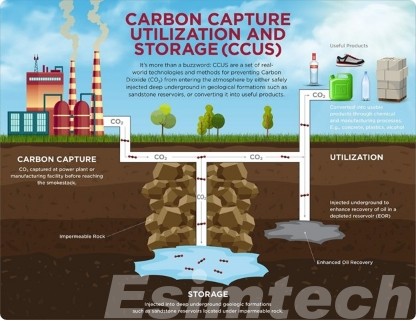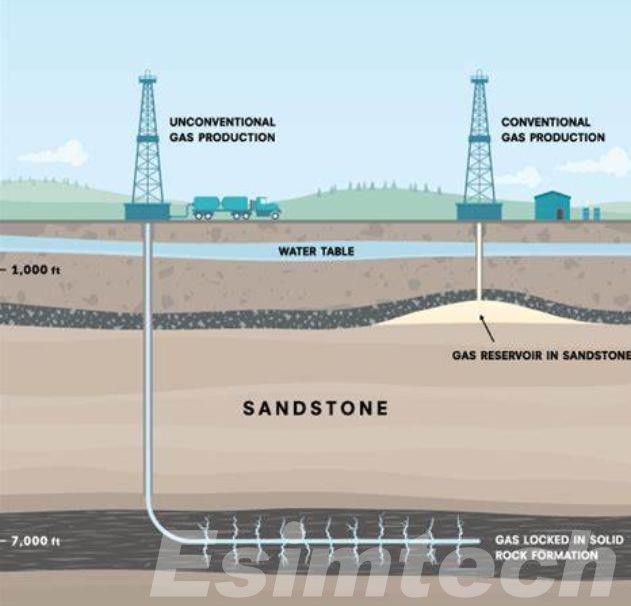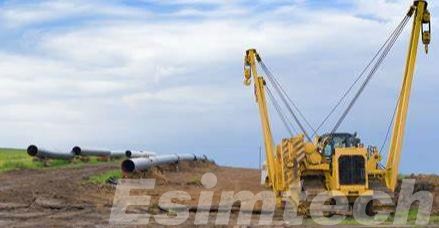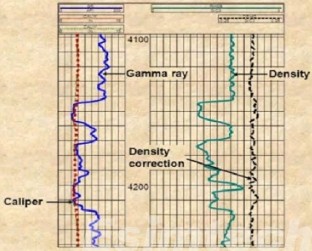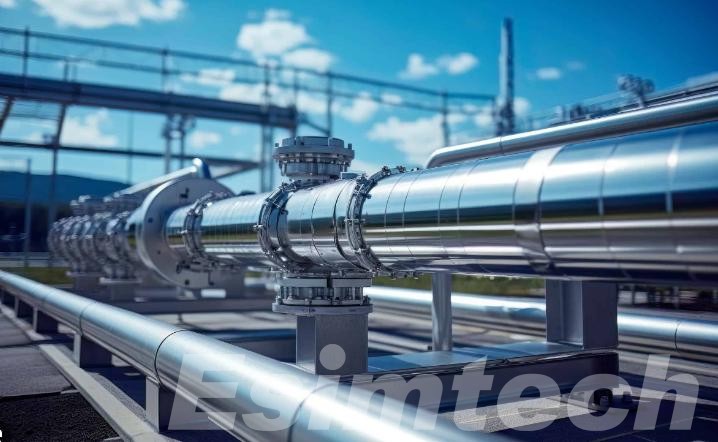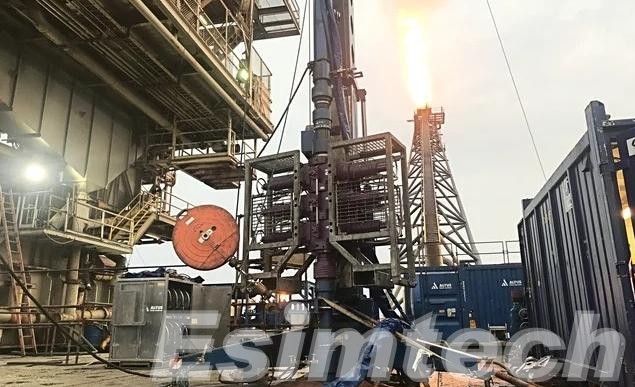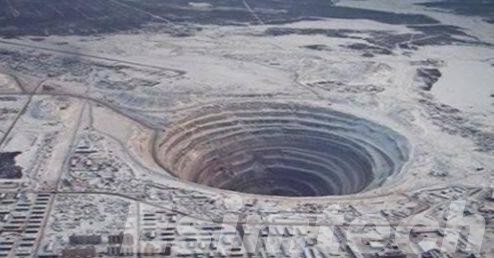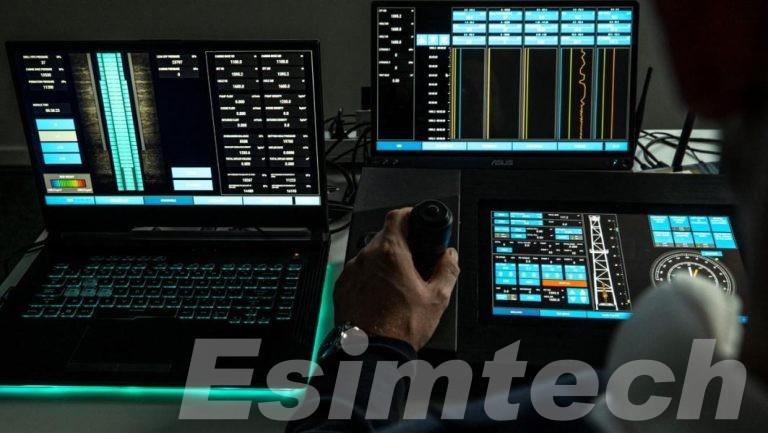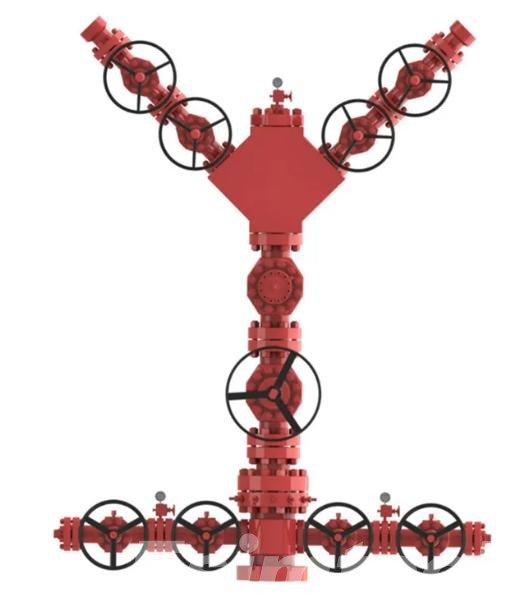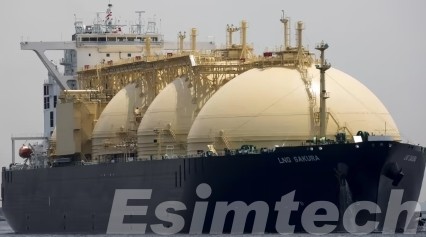How CCUS Contributes to Emission Reduction in the Oil and Gas Industry
The oil and gas industry, a major contributor to global carbon dioxide (CO₂) emissions, faces growing pressure to reduce its environmental impact. One of the most promising solutions is Carbon Capture Utilization and Storage (CCUS), a set of technologies designed to capture CO₂ emissions from industrial sources, store them safely underground, or repurpose the CO₂ for practical…

